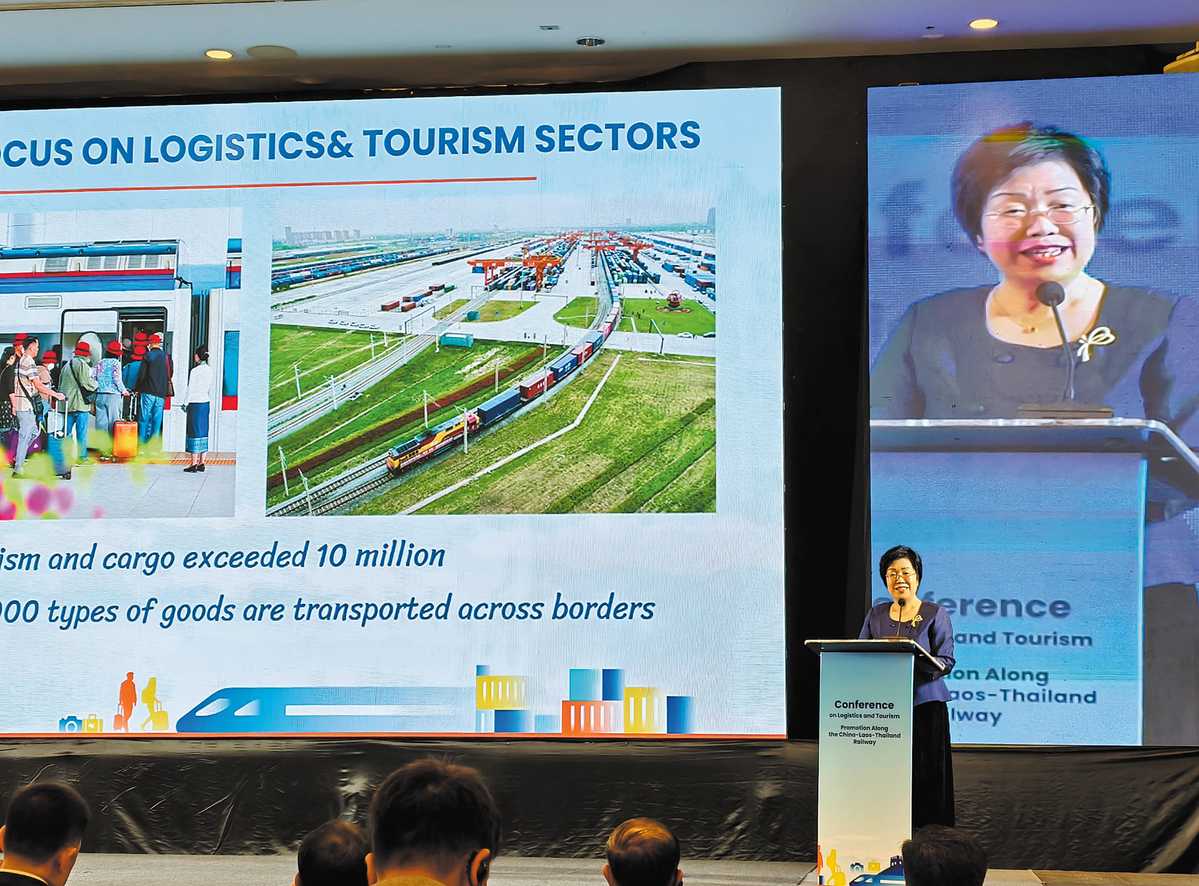
China-Laos-Thailand Railway Project Set to Drive Economic Progress in Southeast Asia
The China-Laos-Thailand railway initiative is poised to enhance various sectors including tourism, logistics, and health in Southeast Asia.
Conference Announcement
Experts at the Conference on Logistics and Tourism Promotion Along the China-Laos-Thailand Railway declared that new opportunities for cooperation could emerge through improved transportation connectivity in the region. The conference was conducted in Khon Kaen, Thailand on August 19.
According to Mekong Institute executive director Suriyan Vichitlekarn: “Transport connectivity, particularly the railway system, is a strategic economic corridor for boosting economic growth, regional resilience and deepening intercountry integration across the Greater Mekong Subregion.”
The railway project, linking travelers from the Golden Triangle to the Chinese mainland, has potential benefits across sectors including health, wellness, tourism, logistics, and the creative industries. Vichitlekarn also mentioned that its logistics efficiency marks a significant advancement for facilitating cross-border trade, revitalizing regional tourism, and catalyzing inclusive economic opportunities, notably for culture and community-based tourism.
Cooperative Efforts
The conference, organized by the Mekong Institute with co-hosting from the Chinese Consulate General in Khon Kaen and China’s Yunnan province’s Foreign Affairs Office, attracted over 300 participants, including government officials, scholars, and industry representatives across Southeast Asia.
Consul-General Liu Hongmei remarked, “The cooperation practice of the China-Laos-Thailand Railway exemplifies mutual benefit and win-win outcomes between China and its neighboring countries,” adding that the conference ensures the railway can fully utilize its advantages.
The railway not only aims to enhance regional economic growth but also seeks to foster deeper connections among people in the region. Although the Thai section is still under construction, the completed railway is projected to interlink Bangkok and Yunnan via Laos, with high-speed lines already operational. The project’s second stage in Thailand is anticipated to commence operations by 2030.
More Than a Link
Thai vice-minister of tourism and sports Jakkaphon Tangsutthitham highlighted that the railway serves not merely as a physical connection but also as a key gateway linking China to Southeast Asia. It will be pivotal for the tourism sector, connecting diverse cultural and natural attractions in the region. However, Tangsutthitham stressed the need for active cross-border coordination, enhancing customs processes, and engaging local communities along the railway to optimize service and create attractions.


